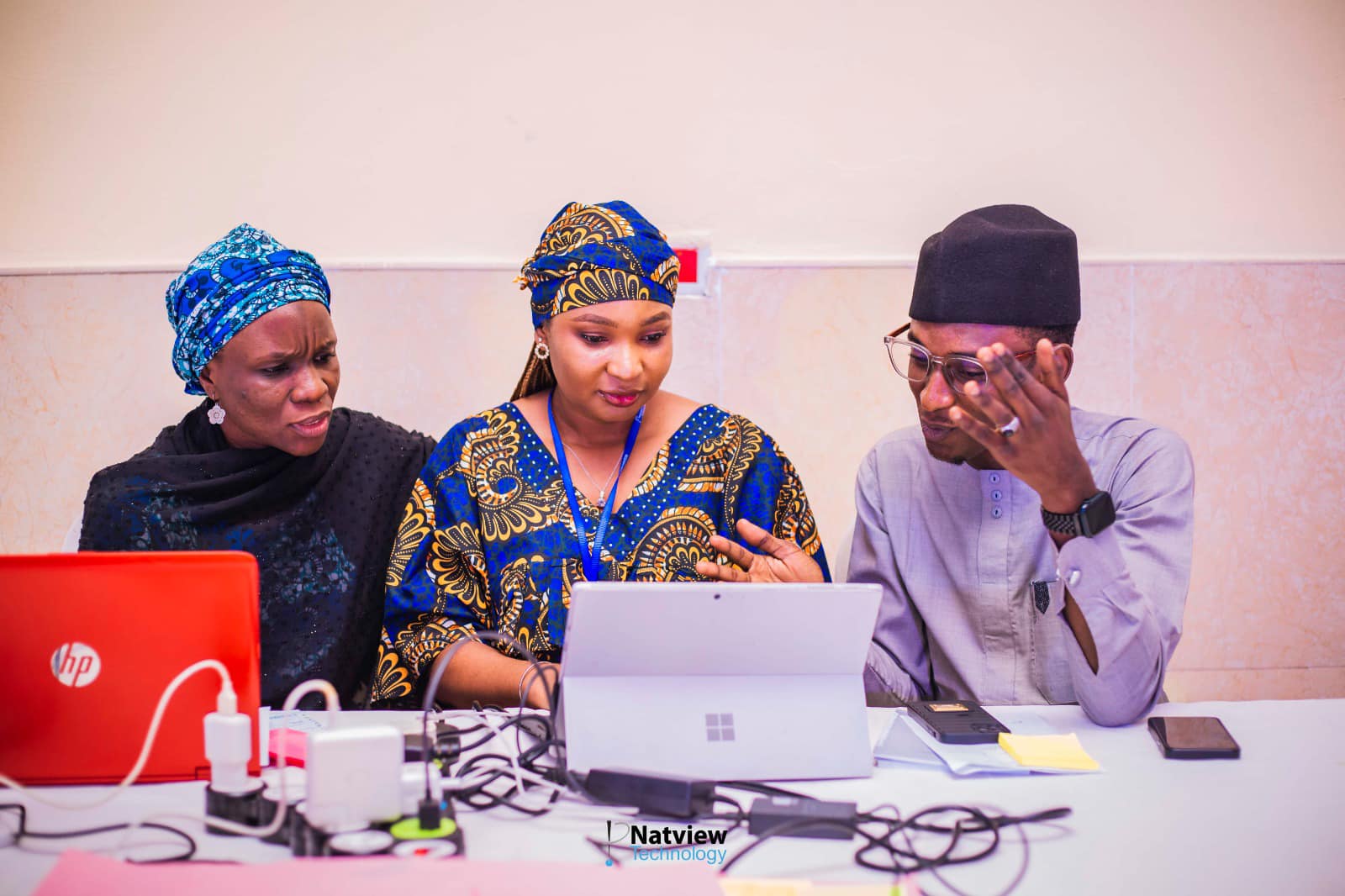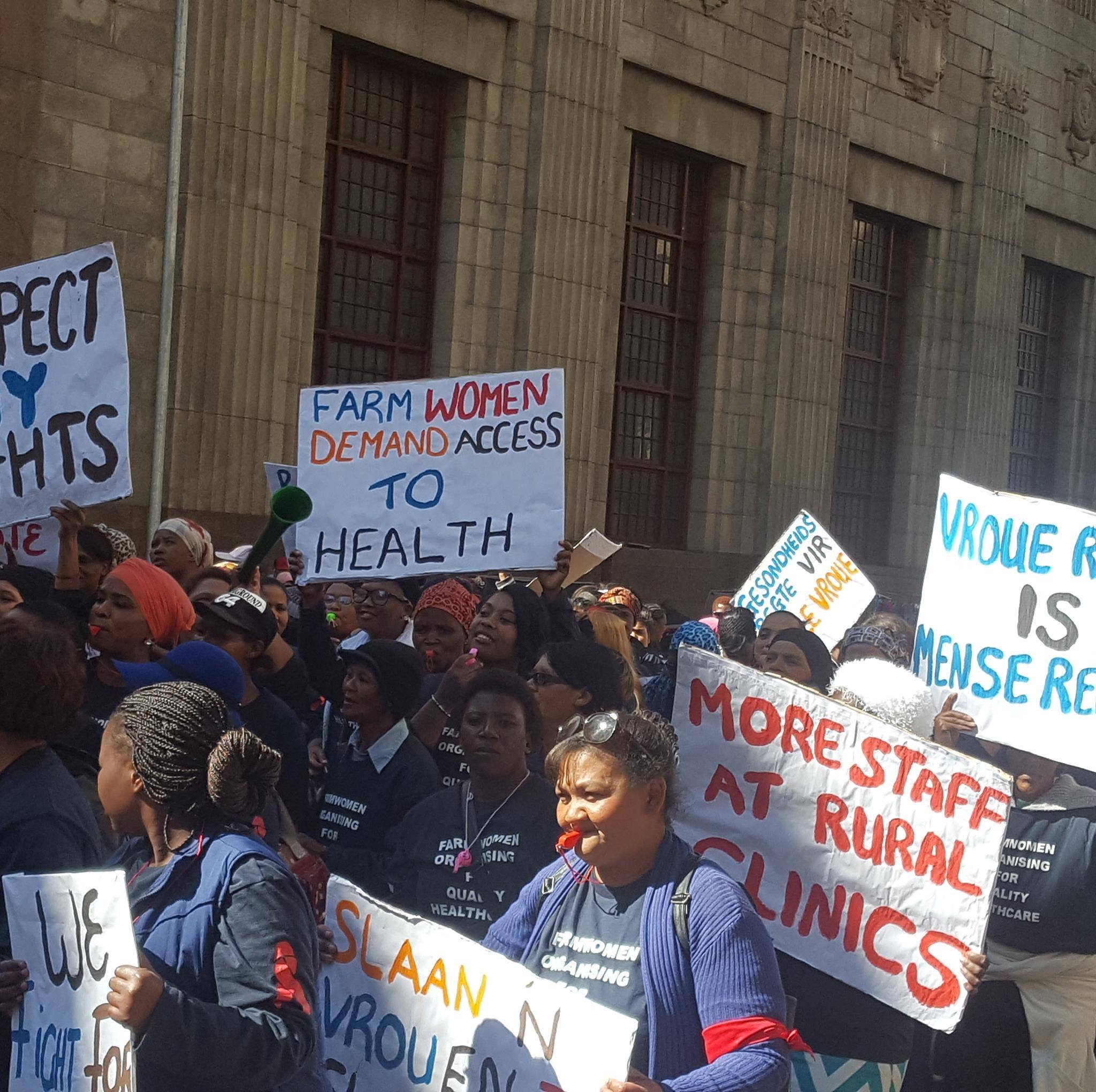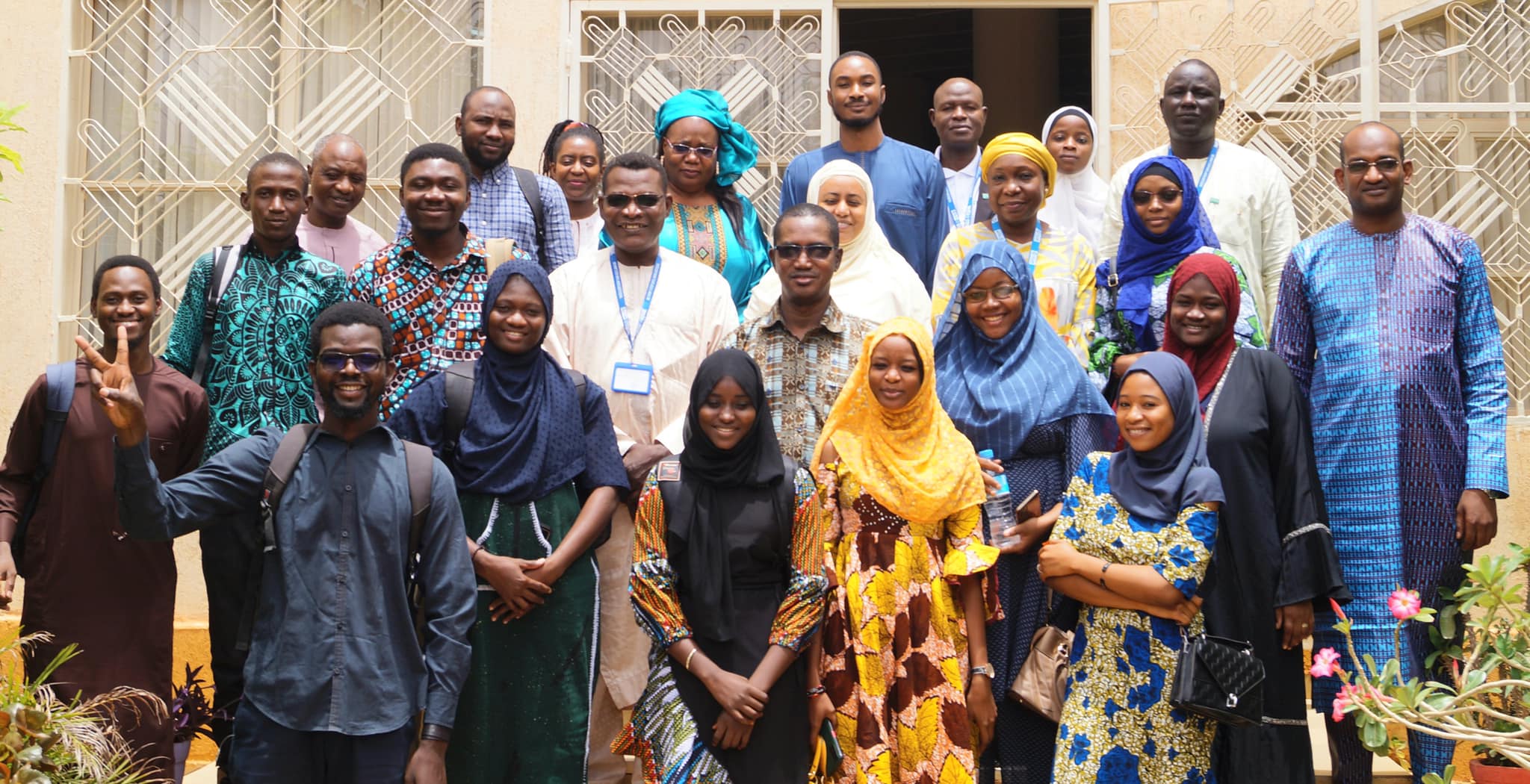Transforming the Care Economy through Advocacy
Get water. Make Breakfast. Laundry. Kids drop off. Check in on Louise-Anne next door. Shift at hospital. Grocery shopping. Kids pick up. Make supper, do dishes, make kids lunches. Bath. Bedtime.
Does that list look familiar? Women across the globe start and end each and every day with care responsibilities. Care work is everywhere but looks very different around the world and the level of effort to provide care varies depending on the woman and where she lives.
The vast majority of the world’s paid care work is done by women, and many of them for poverty wages. Women and girls living in poverty and from marginalized groups put in 12.5 million hours daily for free! Care work can be loving and rewarding but also emotionally and physically taxing. Care workers in health settings face high levels of violence from patients and domestic workers lack benefits or legal protections. The amount of time care work takes up in a day makes it difficult for women to participate in community meetings or decision making that affects their lives.
Care work is essential for the functioning of our communities and underpins all other productive economies. Oxfam has calculated that the monetary value of women’s unpaid care work globally is at least $10.8 trillion annually – three times the size of the world’s tech industry. Governments at last years’ World Economic Forum put Care at the top of the agenda, not because they recognise the need for gender equality but because of a labour shortage crisis. The Covid-19 pandemic pushed care systems to their limit and magnified the lack of protections, benefits and wages in care work.
With global attention, years of research and advocacy along with the Generation Equality Forum and the COVID-19 pandemic recovery efforts, transforming the care economy is possible.
Oxfam in Canada, Africa and Asia in partnership with the Bill and Melinda Gates foundation have been accelerating their efforts to support Care advocacy and influencing. The project “Deepening global and regional advocacy for Care work” is making space for women’s rights organizations, domestic workers unions, and feminist coalitions to advocate for changes in government policies and business standards to improve working conditions and rights for care workers. This investment is supporting a care fund where 10 partners in Sub Saharan Africa and Asia receive $25K to carry out transformative advocacy. See the profiles of the partner organizations from Africa, and follow along as they progress!
Transparency in Totality (TinT) Follow Taxes Nigeria
Transparency and Accountability in Totality Initiative-FollowTaxes has a history of promoting public transparency and accountability in various states across Nigeria. Through our extensive experience in research, advocacy, and stakeholder engagement, we have actively contributed to driving public sector reforms and enhancing service delivery in areas such as healthcare, education, and governance. With keen emphasis in mainstreaming gender equality and justice in the organization programing and overall objectives.
Our interventions in the advocacy care project aim to empower vulnerable groups and promote equitable access to resources and opportunities. To achieve this, we collaborated with national and international partners. TinT-FollowTaxes works with state actors to build their capabilities where it is needed, domesticate government data and empower citizens to utilize the simplified data to actively engage and ask questions for improved service delivery.


People’s Health Movement South Africa
The People's Health Movement South Africa is part of a global network bringing together grassroots health activists, civil society organizations, and academic institutions. Our movement is guided by the People’s Charter for Health (PCH), we are committed to Comprehensive Primary Health Care and addressing the social, environmental, economic, and commercial determinants of health. In South Africa we work towards building leadership amongst health activists to advance the Right to Health with a focus to create meaningful community participation within the health system.
Community health workers (CHW), mostly women, have been pushed to the periphery of the health system for many decades. The C19 epidemic showed the importance of comprehensive primary health care, including the crucial role CHW’s play in community health promotion, awareness raising and being the bridge between the clinics/health system and the community. Despite this, CHW’s are not fully recognized within the health system and although they are contracted to work 40/ week, they need to come by on a meagre stipend without the protection of permanent employment, in except Gauteng Province. This project supports CHWs in claiming their rightful place in the health system though mobilizing with the South African Care Workers' Forum. This is a self-organized forum fighting for recognition of CHWs through permanent employment, appropriate pay with benefits, decent working conditions, excellent and standardized education and a career path.
GWEN: Envisioning a community where Girls and Women Thrive
GWEN is a community-focused organization that works to facilitate safe spaces for adolescent girls and young women (AGYW) aged 9 to 35 years in Zimbabwe. Creating safe spaces for AGYW skills development, knowledge sharing, dialogues, and engagement with decision-makers while also networking as peers. Its formation was necessitated by the numerous challenges that AGYW faces at school, in the home, at work, in public spaces, and, the society with the lack of safe places to assert oneself, including safe spaces for survivors of Sexual and Gender Based Violence (SGBV) and the absence of means to access safe places and protection services worsening the situation.
The organization is driven by the vision for a Zimbabwe where girls' and women’s rights are not only acknowledged but are respected, promoted, and fulfilled. To achieve this, GWEN focuses on several thematic areas namely, Gender Equity and Equality, Health and Wellbeing, Sexual Gender-Based Violence, Civic Education and Engagement, and Poverty Alleviation. While focusing on capacitating AGYW to rise above socio-economic and political challenges, GWEN has mobilized close to 1500 men and boys to add their voice in ending SGBV by ending negative socio-cultural norms and practices that oppress women and girls such as sexual, physical, economic, and labor exploitation. GWEN champions communities to address the burden of unpaid care and domestic work as failure to recognize, redistribute, and remunerate it violates the rights of AGYW limiting them to the private sphere while suppressing their potential and increasing health risks. The organization has a membership of 1000 girls and 1700 young women and has reached over 36,000 households in its areas of operation advancing the rights of AGYW.
The Disability, HIV and AIDS Trust
DHAT is a not-for-profit regional organization promoting HIV and AIDS responses that address needs and empowerment of disabled people, through building and strengthening capacity of Disabled People’s Organisation (DPOs) in Southern Africa and SADC countries. The Trust’s headquarters are in Harare Zimbabwe
The Care Fund grant with Oxfam will be focused on safeguarding marginalized women against unpaid care workers in Bulawayo, Matobo, Zimbabwe. Specifically, the project will work with care providers to make them more disability aware and sensitive. It will aim to support care workers to provide care to people with disabilities in a more dignified and adapted manner i.e. how to better care for patients with disabilities and how to better understand people’s disabilities.

Hope Sahel
Hope Sahel is an advocacy, development, and humanitarian organisation dedicated to improving the living conditions of young people and their communities in Niger. We are a movement defending the rights of vulnerable youth and women, driven by the vision of a stable and prosperous Niger, where every young person is a change agent for economic and social transformation.
The project for Care Advocacy is called "Path to the Elimination of Harmful Practices Affecting Women Domestic Workers in Niger" and it aims to reduce inequalities affecting women and girls domestic workers in Niger and protect them from all forms of exploitation and discrimination.
Rebecca Boyce is a Women’s Rights Policy and Advocacy Specialist at Oxfam Canada.

